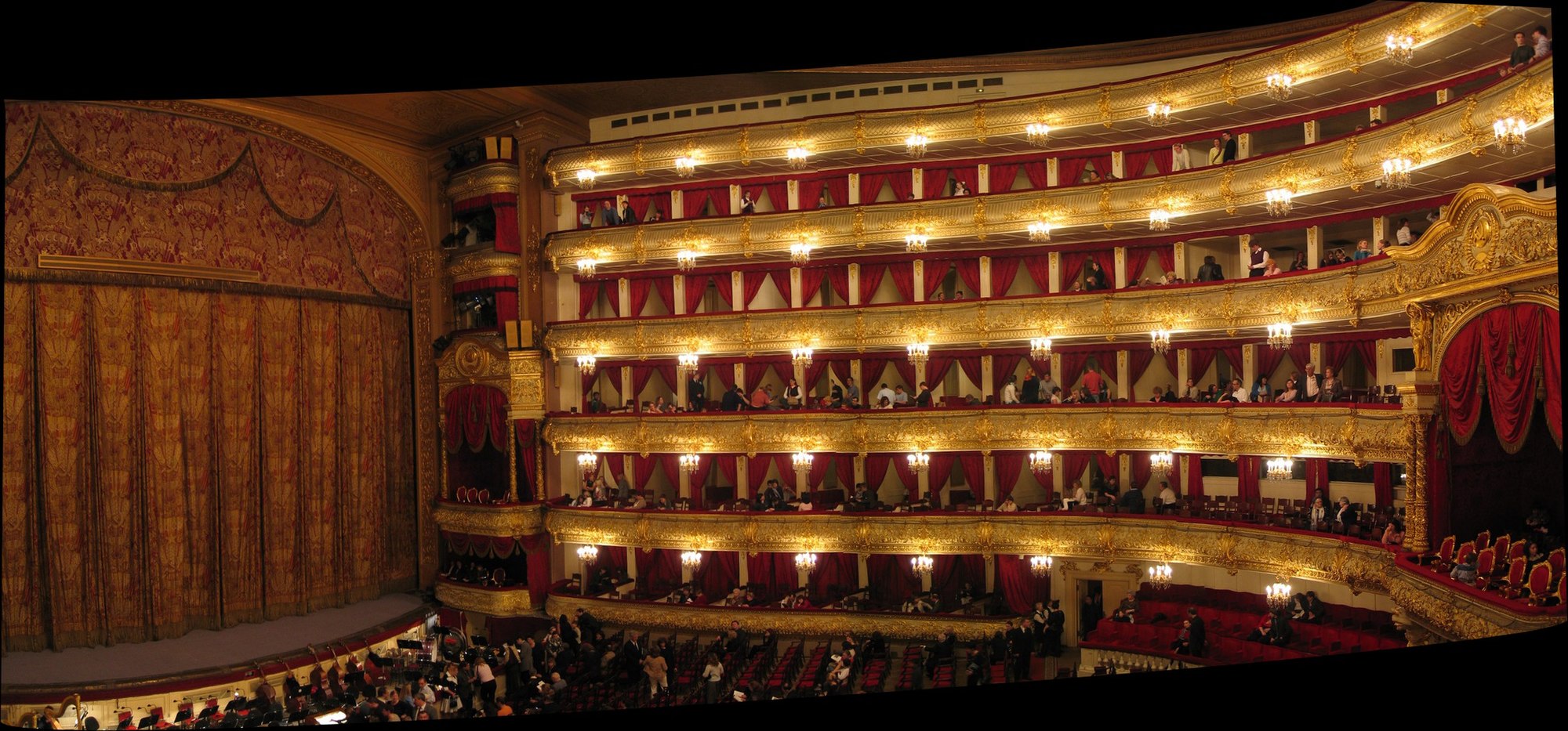
Over the last few months, Cabaret has exploded in popularity, specifically the Ukrainian production. The now viral cast and crew are performing within the context of both the war in Ukraine and Trump’s inauguration, amplifying the musical’s warning against living in blissful ignorance. Similarly, the song Money has seen a rise in popularity, being used as a viral sound in the wake of the shooting of healthcare CEO Brian Thompson and the subsequent rise in class consciousness.
Theatre has always been tied to current events. Even from the plays of the ancient world, contemporary politicians would find their likeness in the comedies of the day. Modern satire is a similar kind of catharsis. In times of crisis, or even dissatisfaction with the state of affairs, satire allows people to find solace in the words of a comic. Seeing your own concerns reflected on stage as something to find humour in makes that concern feel lighter.
People also find solace in shows like Cabaret, that have clear political messages, albeit in a different way. Creative industries like theatre, music and art allow people to create to convey political messages and express their own dissatisfaction. It also is incredibly important for queer creatives and expressions of identity. After all, what better place to express your message freely than in a world where nothing is real. Whatever legislation is put in place to discriminate against LGBTQ people does not apply. There is protection in fiction.
Theatre is political, as is all art. It is no surprise that more and more people are turning to the theatrical in order to cope with the current political climate. Many people in my own life with whom I have spoken to about politics have expressed the same sentiment: a resounding feeling of helplessness. Seeing this echoed in productions like Cabaret eases that feeling, knowing it is shared. However, the warning to not look away remains.
Of course, the fact that these productions are more and more relevant is concerning, but unsurprising. In the coming years, as often happens with times of political turmoil, we will see art with political messages created at a higher rate, and will see people turn to art as a form of comfort as the need for comfort increases.
We do this already, through comfort albums and lines of poetry committed to memory, or paintings converted into laptop stickers. Everywhere we look, art surrounds us. We choose to find comfort in the creations of others and what those creations mean to us. The same is true in politics. We will look for comfort in creation, especially if we are sheltering from what feels like the end of the world and even if that comfort comes in the form of a Margaret Thatcher themed drag show.
Politics can be all consuming, especially when it seems we are going down an incredibly dark path. That is not to say we should look away, as Cabaret warns us, but turning to art allows us to express ourselves and our own feelings of helplessness and to share this with other people. The political catharsis that is given to us by theatre is incredibly valuable, of course because of the performance itself, but also because of its shared humanity.
Edited by: Evangeline Shankland
Image: Inside Moscow Bolshoi Theatre, Theefer, 2005 // CC BY-SA 2.0



Average Rating